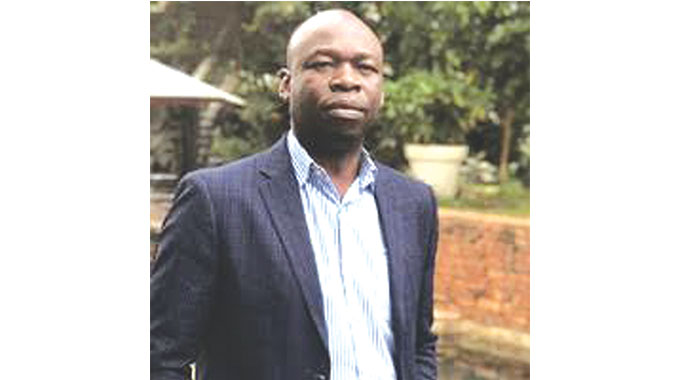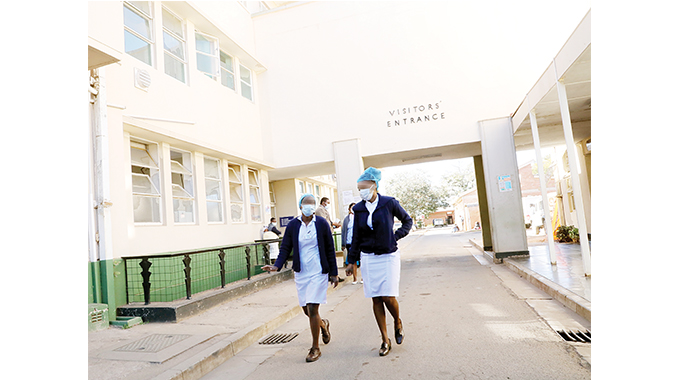Council contains typhoid, dysentery outbreak

Nqobile Tshili, Chronicle Reporter
BULAWAYO City Council (BCC) says it has contained the typhoid and dysentery outbreak that infected nearly 2 000 people and killed 13 in Luveve and surrounding suburbs recently.
In June there was a diarrhoea outbreak in Luveve and surrounding areas which Government attributed to the 144-hour weekly water shedding exercise.
Following the outbreak, Local Government and Public Works Minister July Moyo said human waste beyond the standards allowed by the Standards Association of Zimbabwe (SAZ) contaminated water pipes in Luveve areas, triggering the water-borne diseases.
The Luveve case, resulted in the Bulawayo Progressive Residents Association (BPRA) suing council for failing to provide safe water for consumption as required by the Urban Councils Act of Zimbabwe.
The case is still pending before the courts.
The outbreak of typhoid and dysentery forced council to lift the 144-hour weekly water shedding exercise in Luveve and place a waiver on clinic user fees for affected residents.
The local authority suspended the clinic user fees after observing that most residents were delaying to seek medical treatment, claiming that they did not have the funds.
Addressing journalists during an online council media briefing on Wednesday, BCC deputy director of engineering services Engineer Sikhumbuzo Ncube said council’s interventions have contained the outbreak of diarrhoea in the city.
In the graphic presentation, Eng Ncube showed that while council was recording up to 350 cases per day in June, the numbers have dropped to below 10 as of Saturday.
In some of the days this month, no diarrhoea cases were recorded across the city.
“There is also a steady decline of diarrhoea cases, you can see that as from June the cases have flattened out. We have minimal cases as we head into August which shows that the interventions that have been employed are currently working,” said Eng Ncube.
He said in view of the persistent water challenges, the city was planning to allow private players to supply residents with water.
Eng Ncube said council can only make between 25 and 28 bowser deliveries citywide despite a demand of between 50 and 60 as the cost of hiring a bowser stands at nearly $1 million, which council finds to be unsustainable.
The council has only six water bowsers and hires one from private players.
The shortage of water bowsers has seen most residents spending long hours queuing and waiting for water deliveries but sometimes, council fails to make deliveries.
Eng Ncube said the quality of water will be checked before private players are allowed to provide water to those who do not want to be inconvenienced through queuing for water for prolonged hours.
He said to address the water crisis, council has also rehabilitated 108 hand-pump boreholes mainly in the high-density suburbs.
However, council earlier this month revealed that borehole water was not safe for drinking without boiling it first. — @nqotshili










Comments